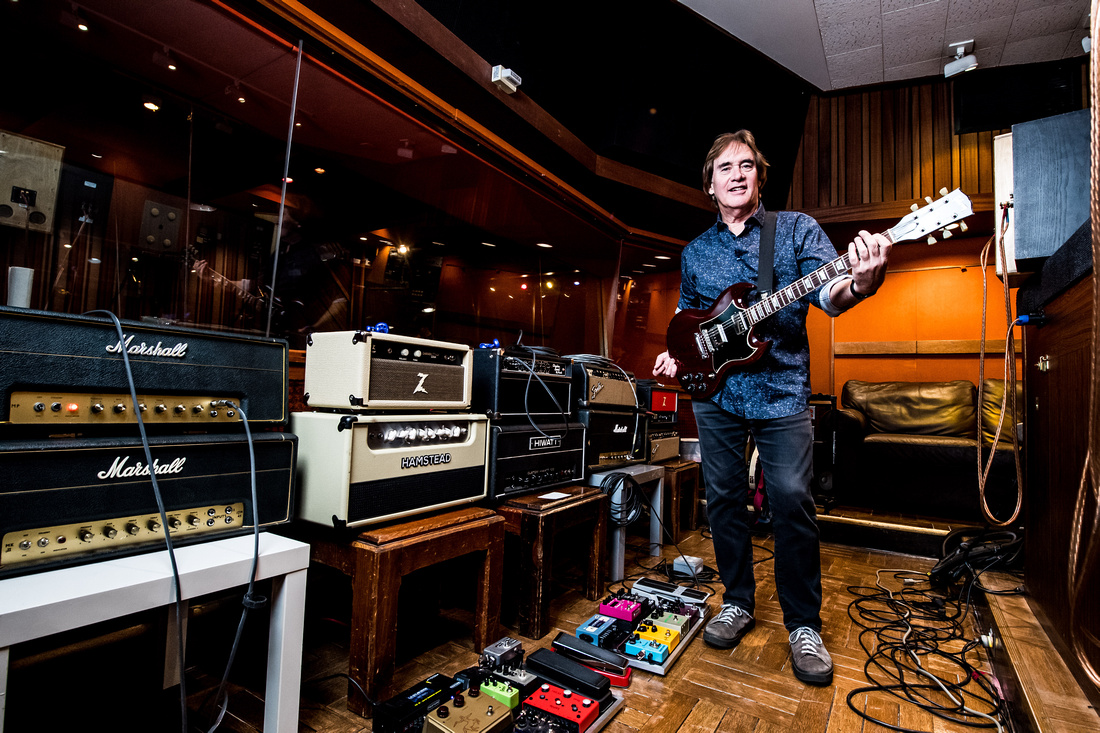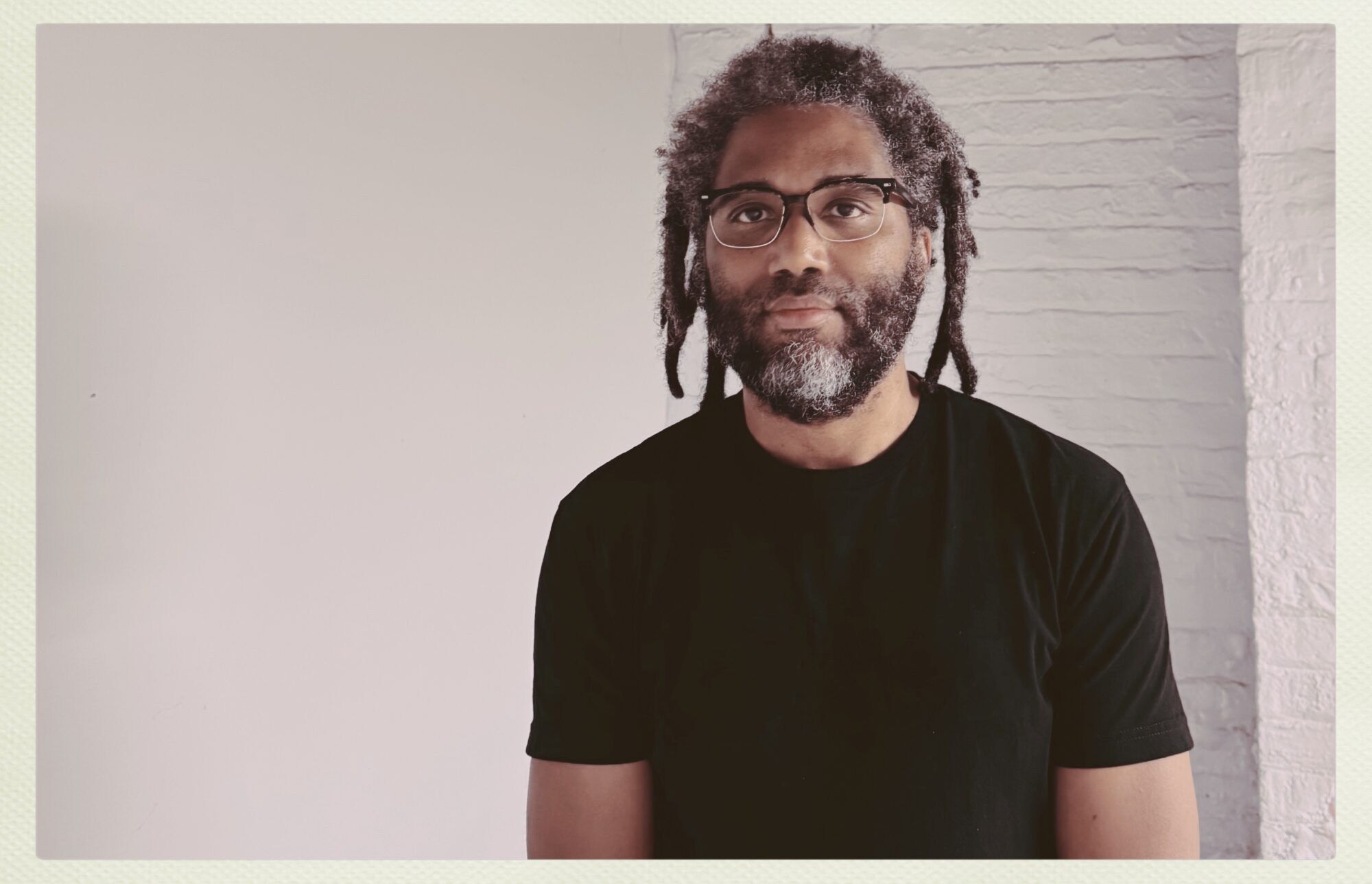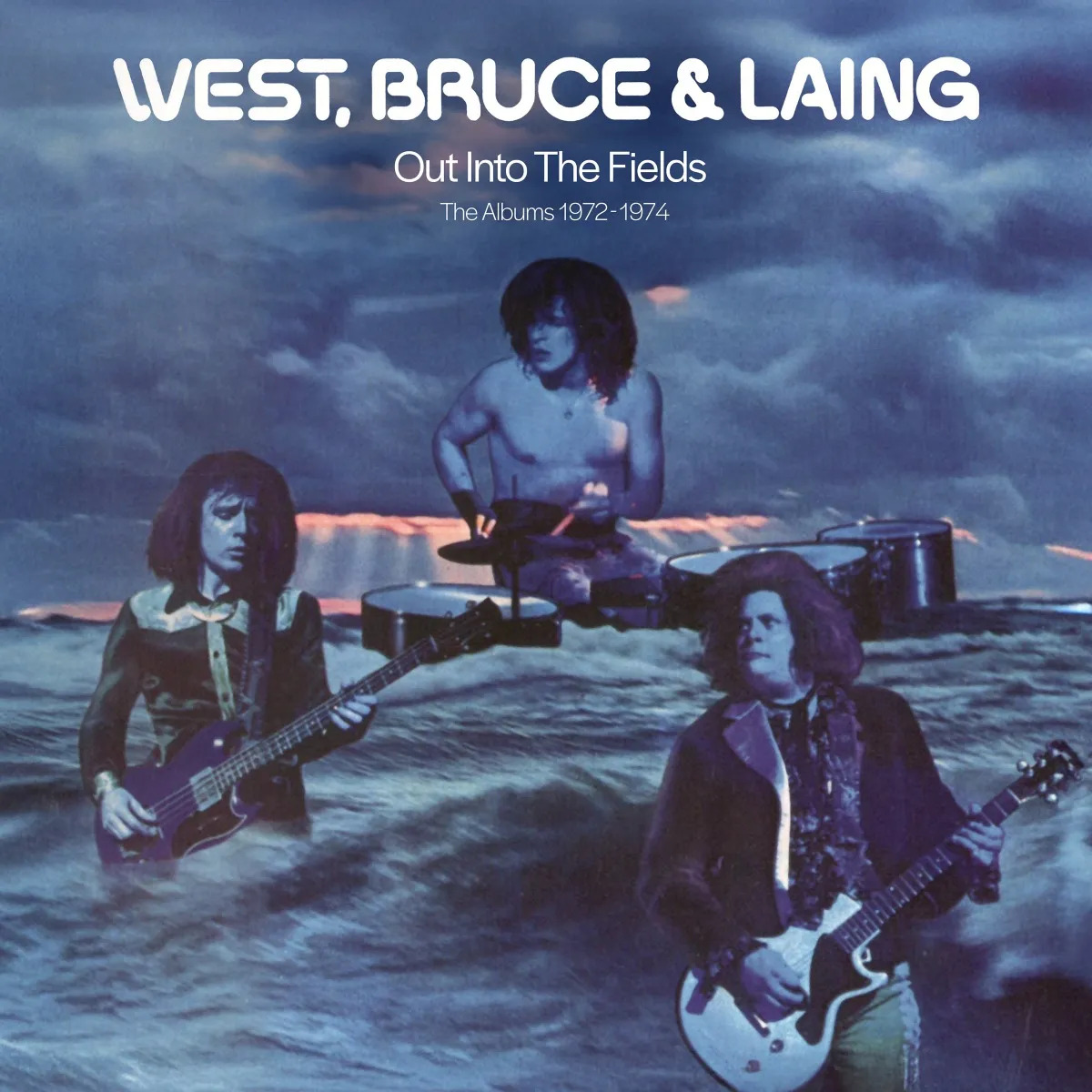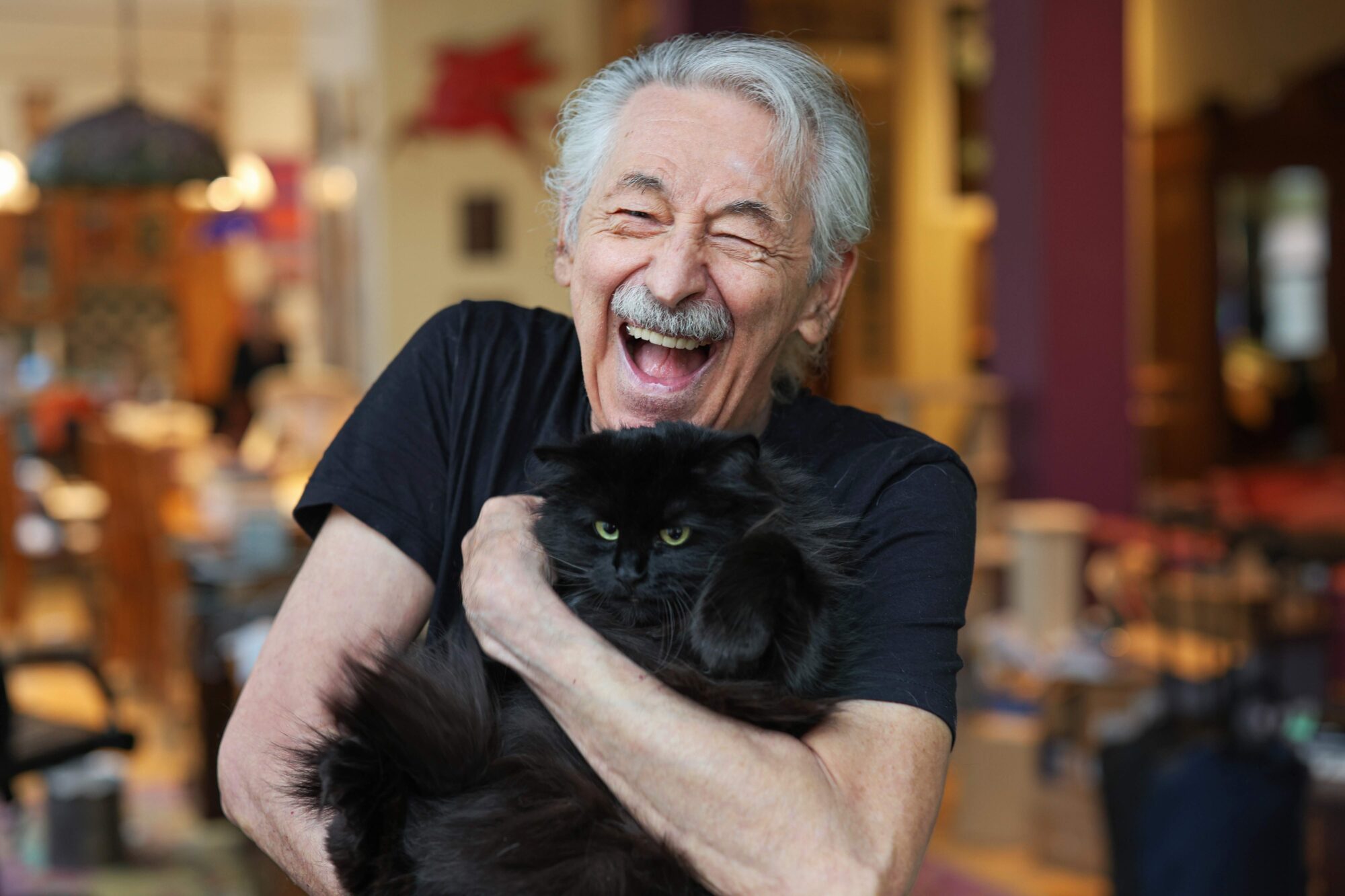Carl Verheyen | Interview | “I try to absorb everything”
Carl Verheyen is a guitar virtuoso, producer, arranger, composer, educator and member of Supertramp since 1985.
Verheyen collaborated with some of the biggest names including The Bee Gees, Chad Wackerman, Dolly Parton, Victor Feldman, Richard Elliot, and Stanley Clarke and has played guitar on film soundtracks including The Crow, The Usual Suspects, Ratatouille, and Mission: Impossible – Ghost Protocol, and TV shows Cheers, Seinfeld, and Scrubs. He has been an adjunct instructor of studio jazz guitar for the USC Thornton School of Music and makes frequent instructional performances at the Musicians Institute (MI) in Hollywood, California, Guitar Institute of Technology and has authored instructional books including Improvising Without Scales, as well as Studio City, a collection of articles written for the magazine Guitar for the Practicing Musician.
Carl Verheyen is currently promoting his latest album, ‘Riverboat Sky’. About the new album, he says, “Supertramp leader Rick Davies always lamented how it’s a shame that the album was a demo for the tour. I agree, we’d spend 3 or 4 months making a ‘Tramp album, but on the subsequent tour the music would develop way beyond the record as the arrangements lived and breathed every night. The music on ‘Riverboat Sky’ was played for a year and a half before we committed the songs to posterity. And by reversing the record / tour process we were able to find the definitive arrangements and grooves for each song that no amount of rehearsing can achieve.” Carl Verheyen touring band of John Mader, Dave Marotta and Troy Dexter was supplemented this time with Jim Cox on keys, Chad Wackerman on drums and Alex Acuna on percussion.
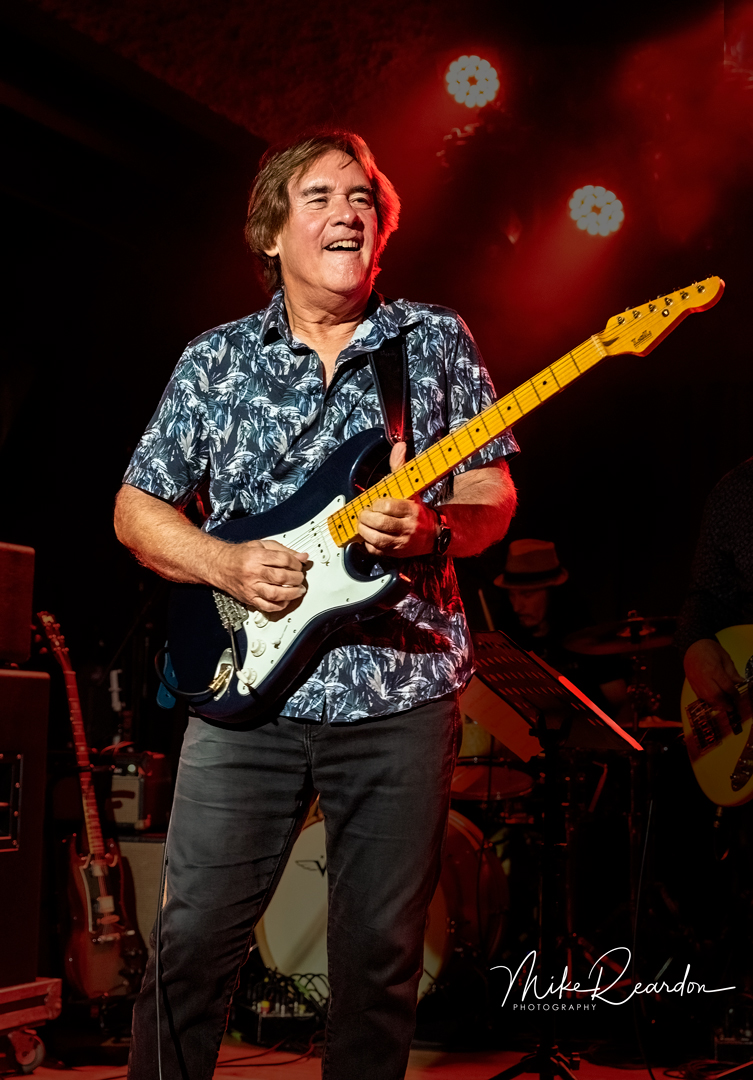
“I try to absorb everything”
Would you like to share about your upbringing? Where did you all grow up? Tell us about daily life back in your teenage years.
Carl Verheyen: I grew up in Pasadena, California in the 60s. I had three older cousins, all female, that turned me onto the British Invasion bands. After at least a year of begging for a guitar I finally got one on my 11th birthday. Later that afternoon, I got my first lesson and it all took off from there. I couldn’t wait to get home from school and practice. So much so that I kept a radio blasting away in my bedroom window so that while playing basketball with my friends in the driveway, I could easily break away and run in the house to learn a song in the 3 minutes it was playing on the radio.
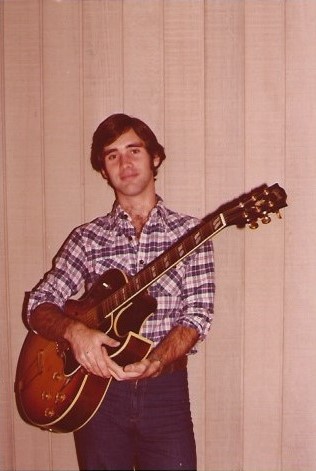
Was there a certain scene you were part of, maybe you had some favourite hangout places? Did you attend a lot of gigs back then?
Southern California was a great place for music. I got to see The Byrds, Albert King, Ten Years After, and even Led Zeppelin on their first tour. We had big venues like the Hollywood Bowl and little clubs like the Ice House in Pasadena and the Ash Grove where Ry Cooder and Bonnie Raitt played. By the time I got to Pasadena City College, I was in a band that played opposite Van Halen quite a bit.
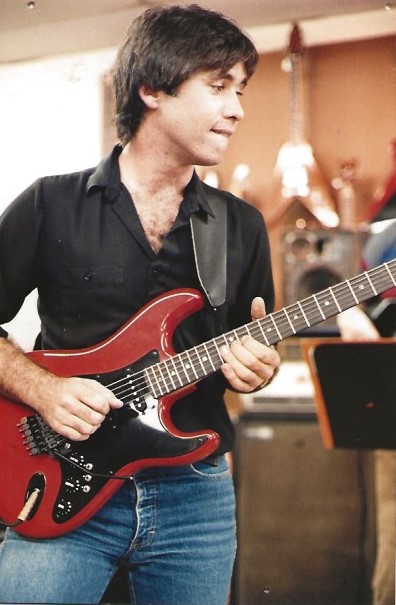
If we would step into your teenage room, what kind of records, fanzines, posters et cetera would we find there?
There’s an old photograph of me with a Les Paul in my bedroom sitting in front of a giant Van Morrison poster. I was also a fan of people like Jesse Colin Young and Joni Mitchell, but on the guitar side of things, I was learning songs by Cream, The Allman Brothers, Mike Bloomfield, and Jimi Hendrix.
Was there a profound moment in your life when you knew you wanted to become a guitarist?
My parents threw a party and hired a little trio when I was an eight or nine-year-old. I sat at the foot of the electric guitar player all night long watching his fingers make music, so that was probably the first big influence. And in California we had afternoon surf shows on the local station. That reverb drenched electric guitar sound was very exciting and I would play along with the TV. Then when The Beatles and The Rolling Stones came along, my fate was sealed!
Did you have any bands early on in your career?
Of course! My first serious band was a trio called the Colossus of Roads and we played all kinds of parties and church hall dances. There was a place in town called the Youth House that would hire us on Friday nights for dances, and the whole band would have to split $5.00! My Dad had to drive me because I was 15. Later, I joined a band called Madshadow that played high school proms and lunch hour at Pasadena city College. When I turned 18 though, I got a job in a local restaurant, singing and playing acoustic guitar five nights a week. An effort to rest my voice led to an interest in solo guitar playing that eventually opened the floodgates to the wide world of jazz. Once I gained enough knowledge of harmony, learned enough tunes and spent a summer at Berklee College of Music in Boston, I started my own little jazz group and played hundreds of gigs over the course of about five or six years.
Tell us about some of the early session work that eventually led you to Supertramp.
I was doing TV dates, jingles and a few record dates from about 1980 onwards. Shows like Happy Days and Laverne and Shirley led to Cheers and many others. But I was also getting called for occasional record dates and it was at one of those that I met an engineer from England that liked my sound. It was just a run-of-the-mill session, but ended up being life-changing because that evening he spoke with some people from Supertramp Management. They called me to audition the next morning at about 9:30 PM that same day.
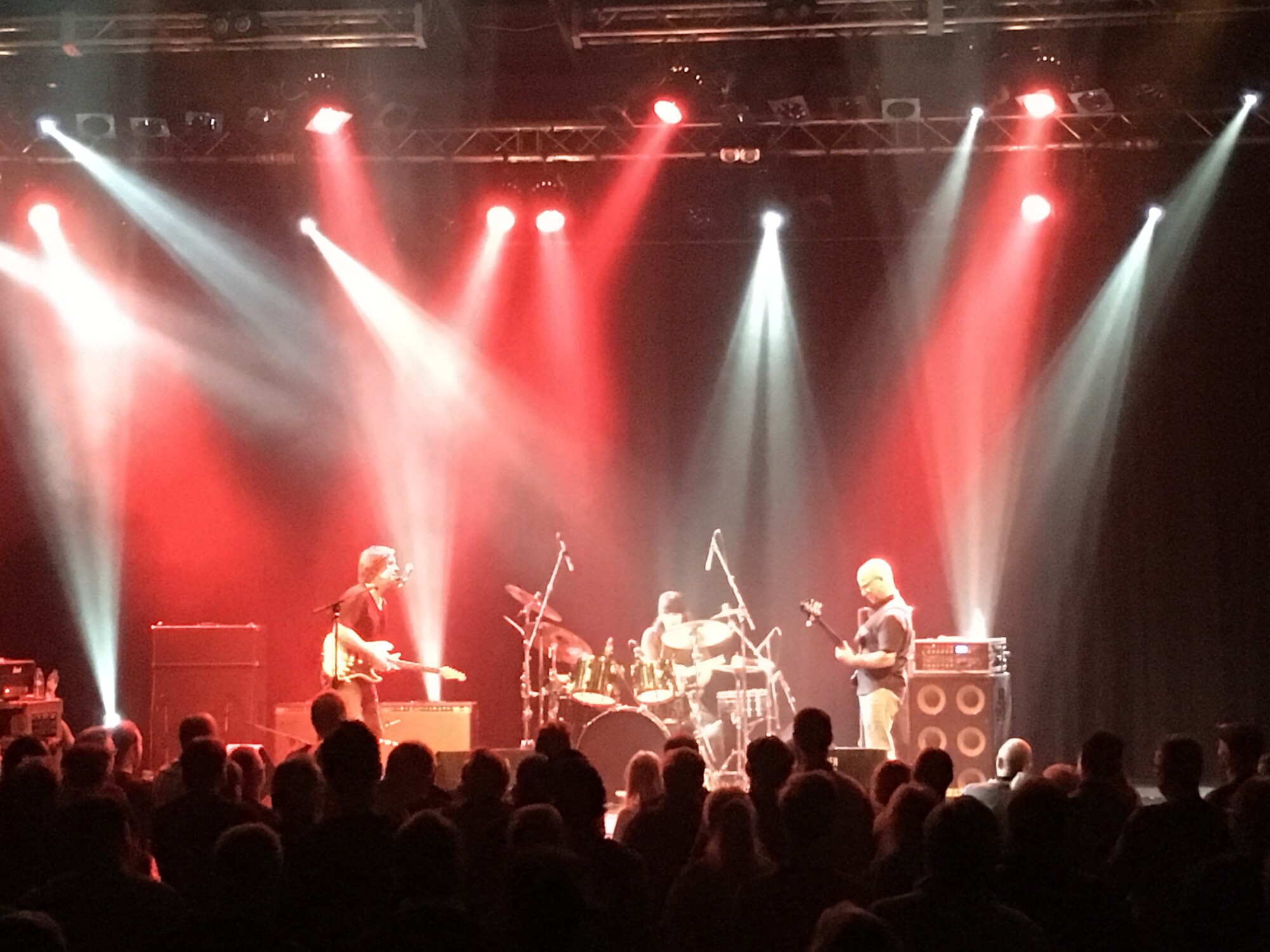
“Supertramp has been an incredibly rewarding and memorable experience in my career”
What was it like to be part of Supertramp?
It was pretty mind blowing to go from playing to audiences of 30 to 100 people straight into 20,000 seat arenas. I was a side man for the first few tours until they eventually made me a member in 1996. I learned so much being a part of that band, and I still consider Rick Davies to be one of the most important mentors in my life. Supertramp has been an incredibly rewarding and memorable experience in my career. I learned about the integrity of a show, the consistency of the performance no matter where you’re playing and the politics of dealing with up to 106 people on the road.
What initiated your own group back in the 80s?
I believe there are certain people that are born to be sidemen, and others who have too much music inside them to forever be serving the musical vision of other artists. I would say I am one of those guys that needs to express my own musical ideas. And I just wanted a vehicle where I could get out and play to my heart’s content. And I refuse to limit myself to a single style or genre so I guess I needed to be in charge!
Hearing back your albums, what are some of the pleasant memories from working on those albums?
We always recorded in real studios. And to this day, I’m not interested in the trend of passing a track around so each musician can do it in their home studio. After spending years of working on your tones and signature sounds, one of the greatest rewards is hearing it played back on the big speakers in a perfectly tuned room. And that goes for everybody: drums, bass, and keyboards, as well as the guitar basic tracks and overdubs. I have enjoyed making each of my records with the amazing virtuoso musicians that are also good friends.
You’re extremely busy today, what are some of the latest projects that occupy your life?
I have just released a new album called ‘Riverboat Sky’ that is doing quite well! After a big concert this week in Bakersfield, California, I will be done performing for the year and turning my attention to promoting and filling in the dates on two big tours for 2024. I spend a lot of time practicing, not only for the next performance, but also to come up with new material for improvising. I try to write ideas down every day in the hopes that some of it will get under my hands. Lately I’ve had the good fortune to be able to work on my music around 5 hours a day with the rest of the time taken up by the business of music, which never ends!
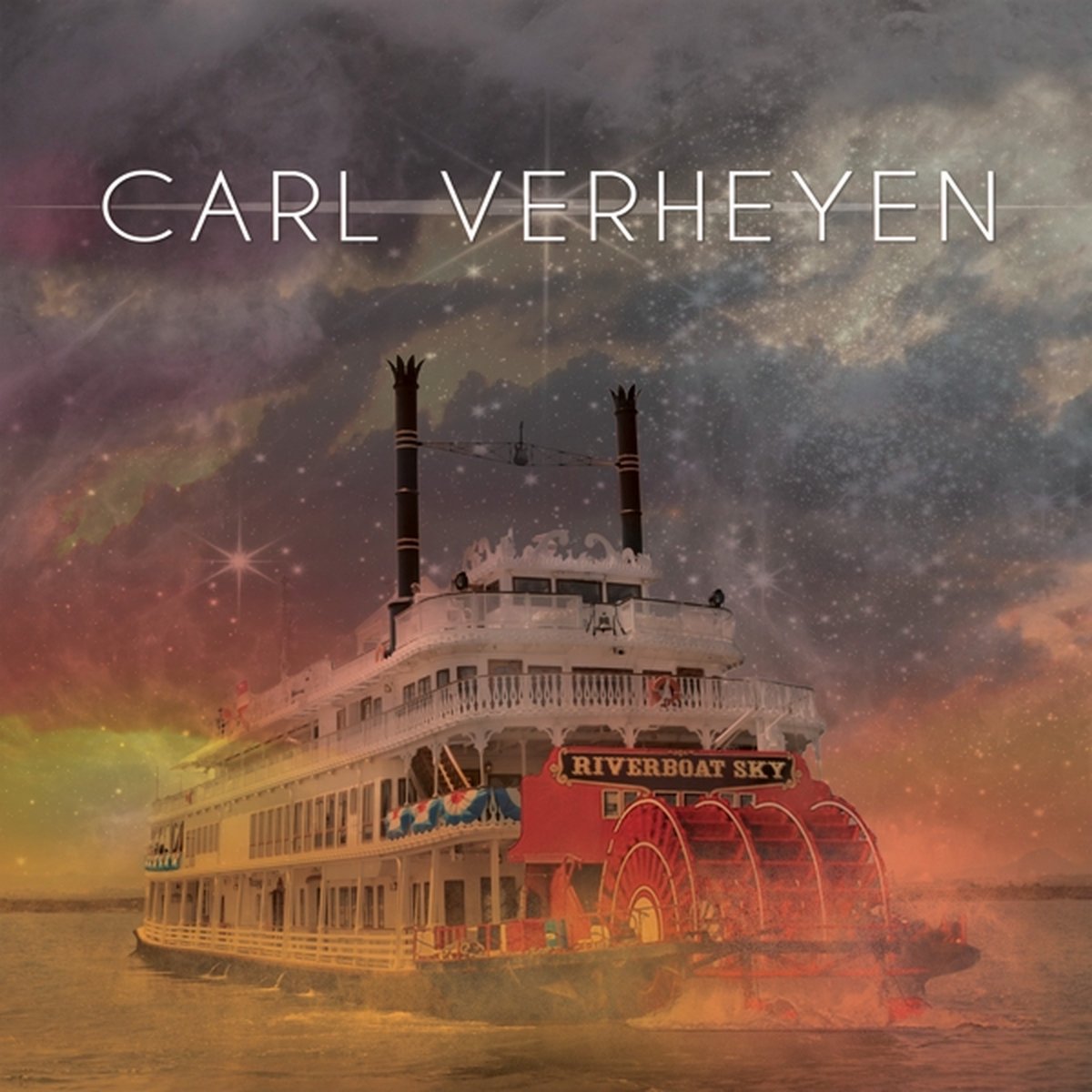
Looking back, who influenced your guitar playing the most and did influences change during the years?
About 12 years ago I was asked to do a guitar master class somewhere in Italy. But since I had done that same venue the year before, I came up with a concept called Artistic Signatures. For this master class I wrote down every guitarist that had ever influenced me for the last 50 years and it was a very long list! As I moved from George Harrison to Eric Clapton to Jimi Hendrix into Pat Martino and Wes Montgomery my playing got more sophisticated. But soon I was into Chet Atkins and Hank Garland, eventually people like Steve Morse, Pat Metheny and Joe Walsh. I try to absorb everything that is good and make sure I know everything I should know. A good example is the song “Good Vibrations” by the Beach Boys. One day after hearing it on the radio I asked myself, “Why don’t I know that? What is going on harmonically with that song and why do I love it?” That will start you down an enlightening Brian Wilson rabbit hole but a deep dive into his harmonic concepts is extremely educational and rewarding!
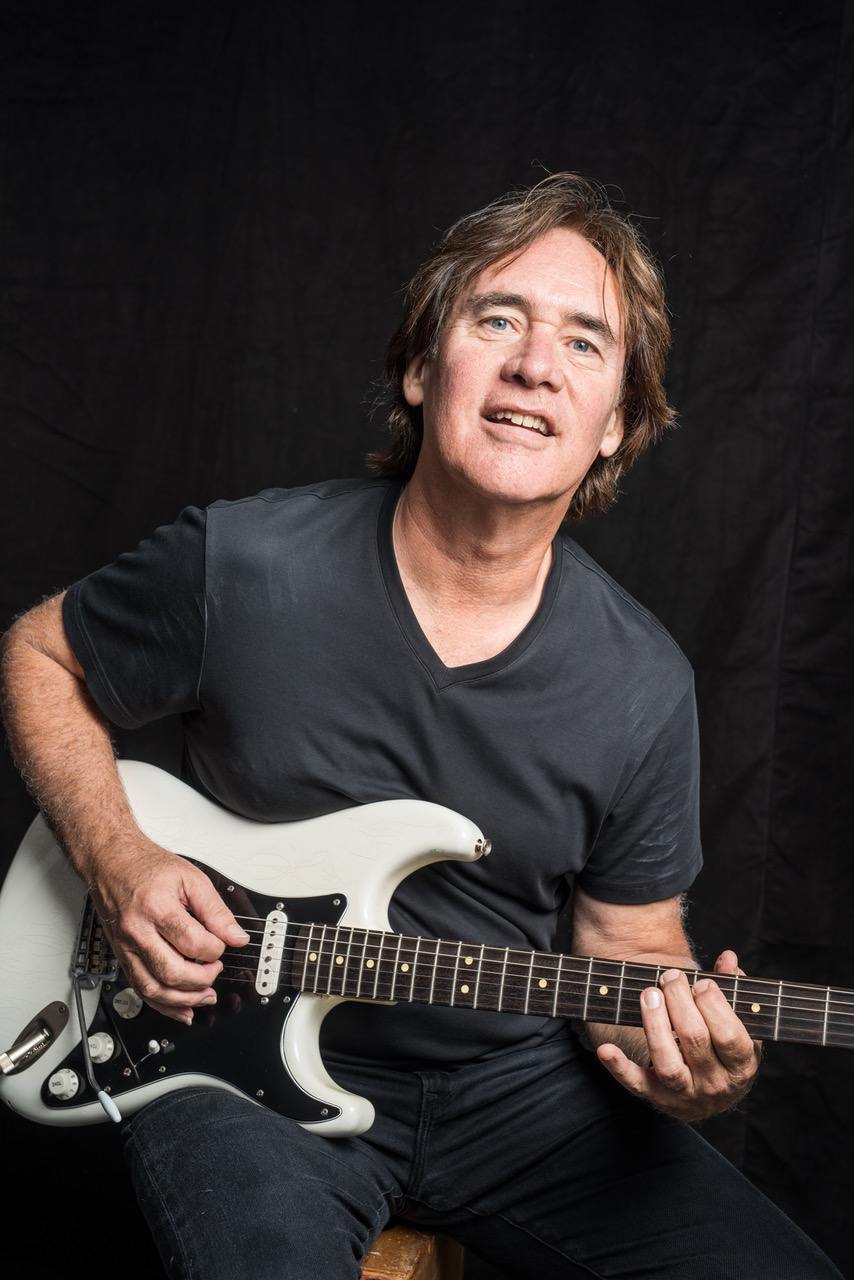
Let’s end this interview with some of your favourite albums. Have you found something new lately you would like to recommend to our readers?
It’s funny how your favorite albums change every time somebody asks you what they are. But here are a few that I keep coming back to: Rubber Soul by The Beatles; Wheels of Fire by Cream; Axis Bold, as Love by Hendrix; We’ll Be Together Again by Pat Martino; Live at the Fillmore by the Allman Brothers and many non-guitarist albums like ‘What’s Going On’ by Marvin Gaye and ‘Modern Sounds in Country and Western Music’ by Ray Charles. Currently, I always buy anything that Derek Trucks releases. His slide guitar playing is so expressive and inspiring… It’s his job to bring it to earth!
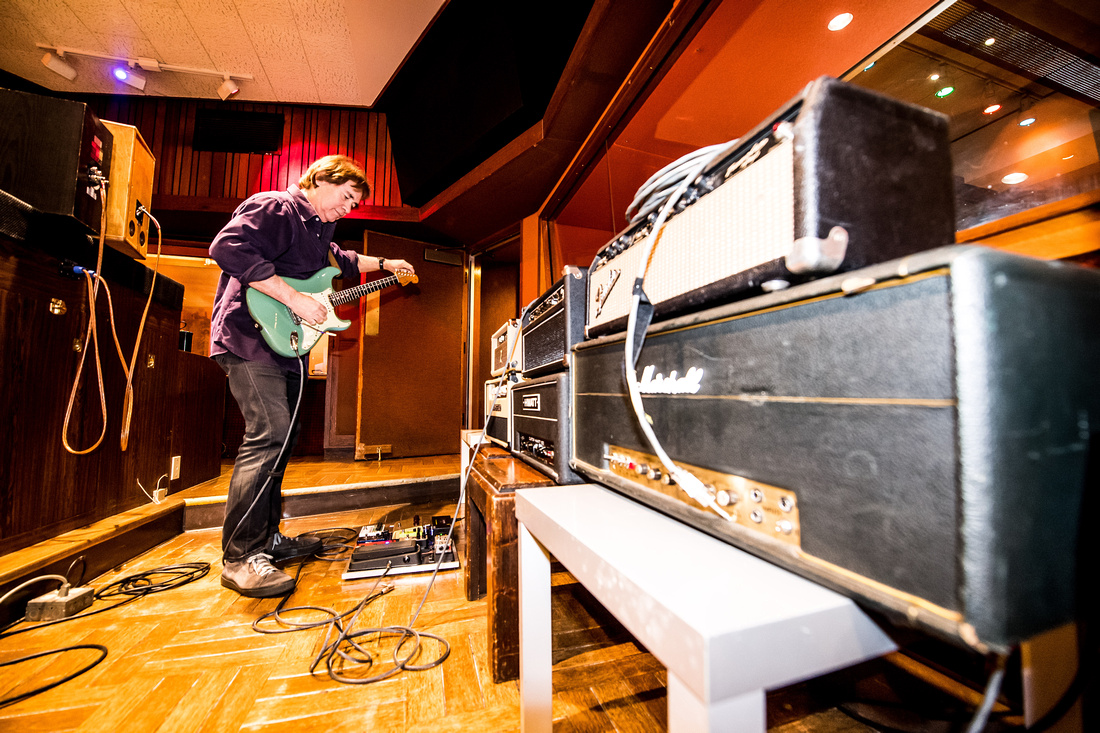
Thank you. Last word is yours.
Over the years, I have found it easy to stay inspired with my guitar playing. At some point, I realized it was about studying with the instrument, not relaxing. If you come home from a hard day’s work and pick up your guitar to play ‘Hotel California’ every night, you will never get better. But by studying and pushing forward your enjoyment of making music increases exponentially. There’s no substitute for putting in the hours. And it’s a wonderful journey!
Klemen Breznikar
Carl Verheyen Official Website / Facebook / Instagram / Twitter / YouTube

